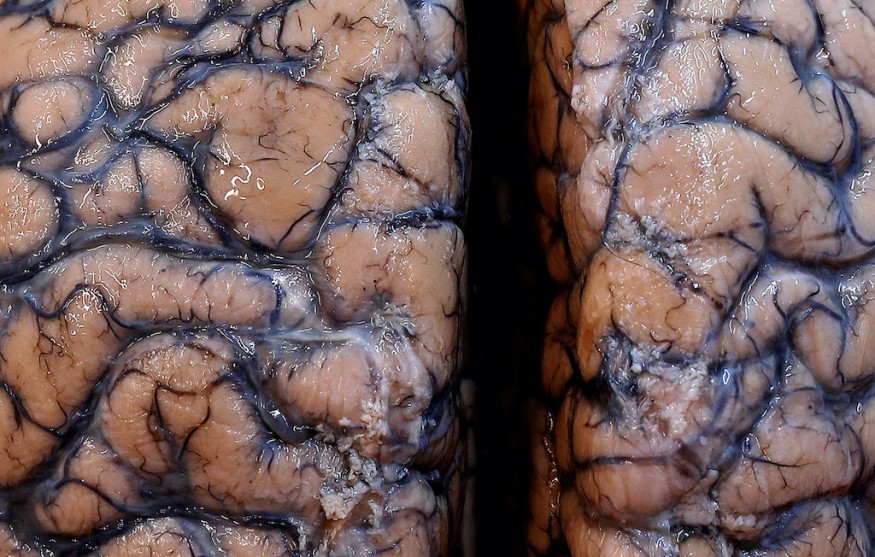In a new study published on Wednesday, July 8, in the journal Brain, scientists have described 43 cases of patients with COVID-19 with brain damage. The researchers warn that a probable wave of brain injuries related to the coronavirus that could lead to severe neurological complexities.
Some brain complications observed among the patients were inflammation, psychosis, and delirium. Furthermore, some also suffered from brain dysfunction and nerve damage.
According to Michael Zandi, one of the study's authors from University College London's Institute of Neurology, it is still unclear whether what they see would lead to another epidemic caused by the coronavirus outbreak.
They fear that it could be similar to the encephalitis lethargica outbreak in the 1920s to 1930s following the 1918 influenza pandemic.
In the study led by researchers at UCL, nine coronavirus patients who had brain inflammation were later diagnosed with a rare condition called acute disseminated encephalomyelitis (ADEM).
The National Institute of Neurological Disorders and Stroke describes the condition as a sudden but extensive inflammation attack in the brain and spinal cord. Moreover, it damages myelin, which is the protective covering of nerve fibers. The disease, triggered by viral infections, is usually seen in children.
Also Read : Coronavirus Patient's First Symptom was Delirium; Neurologists Form Theory that Virus Could Invade the Brain
Future Concerns on Brain Damage From COVID-19
The coronavirus has been largely thought of as a respiratory illness that primarily affects the lungs. However, months into the pandemics, doctors and health professionals have seen various symptoms associated with the different bodily systems.
BBC reports that more than 300 studies from various parts of the world have found a prevalence of neurological abnormalities in COVID-19 patients. Some of the mild symptoms observed were headaches, loss of smell, and tingling sensations. On the other hand, more severe outcomes seen in patients included aphasia or the inability to speak, strokes, and seizures.
Moreover, neuroscientists and specialist brain doctors say that the disease is showing some evidence of its impact on the brain.
Adrian Owen, a neuroscientist from Western University, Canada, told Reuters he worries that with millions infected with COVID-19, their ability to return to work and to perform activities might be affected if it does occur that they develop cognitive deficits from the infection.
The researchers said they would typically see one adult patient with ADEM per month at their specialist clinic in London. However, this has recently changed as cases have risen, resulting in at least one case showing up per week during their study. The occurrence was "a concerning increase," according to the authors.

Is Long Term Brain Damage Possible From COVID-19?
According to Ross Paterson, a co-author of the study, the long-term damages of COVID-19 are still unknown, given that it has only been around for a few months. He adds that doctors should be made aware of the possible neurological effects of the disease, as prompt diagnosis and intervention could improve patient outcomes.
Owen said that the growing evidence highlighted the need for a much bigger and detailed study and worldwide data collection. He said that gathering necessary information would help experts assess how common psychiatric and neurological complications were across the globe.
Furthermore, Owen is operating an international research project where patients can sign up to accomplish a series of cognitive tests to determine any brain function changes since getting COVID-19. He says the disease is affecting an immense population, which is why it is crucial to gather information early on.
© 2025 ScienceTimes.com All rights reserved. Do not reproduce without permission. The window to the world of Science Times.











